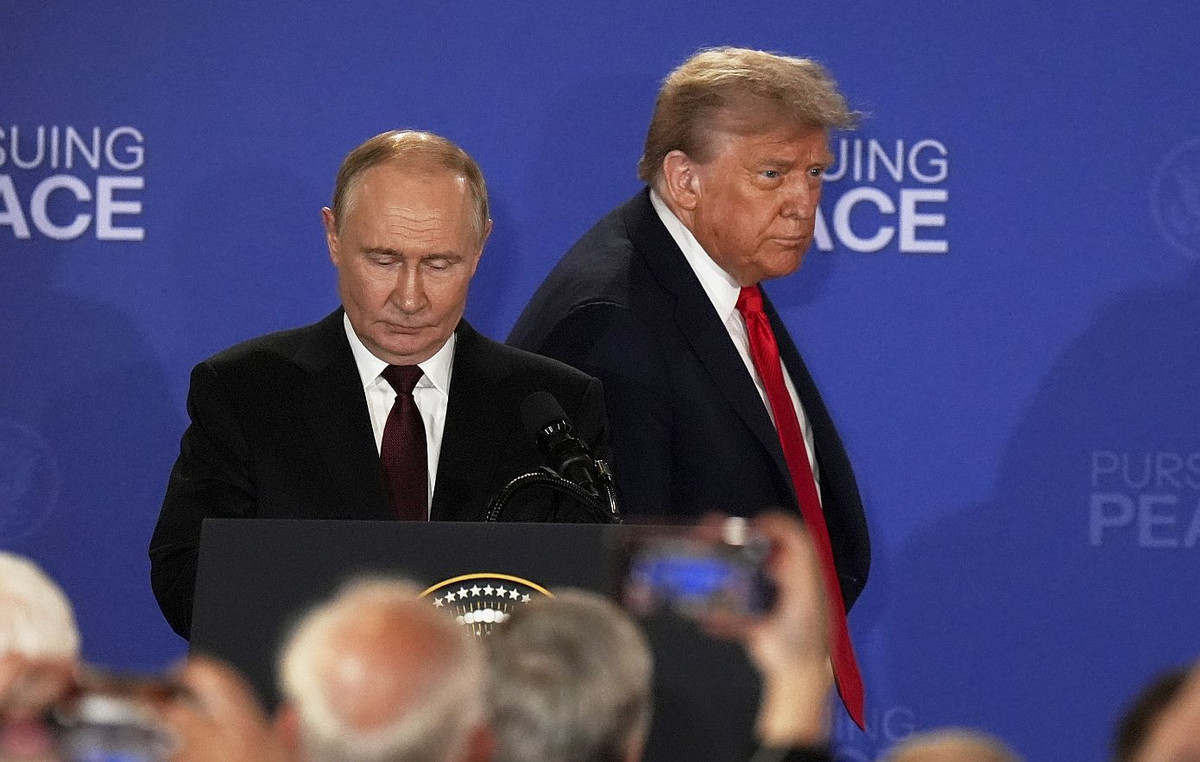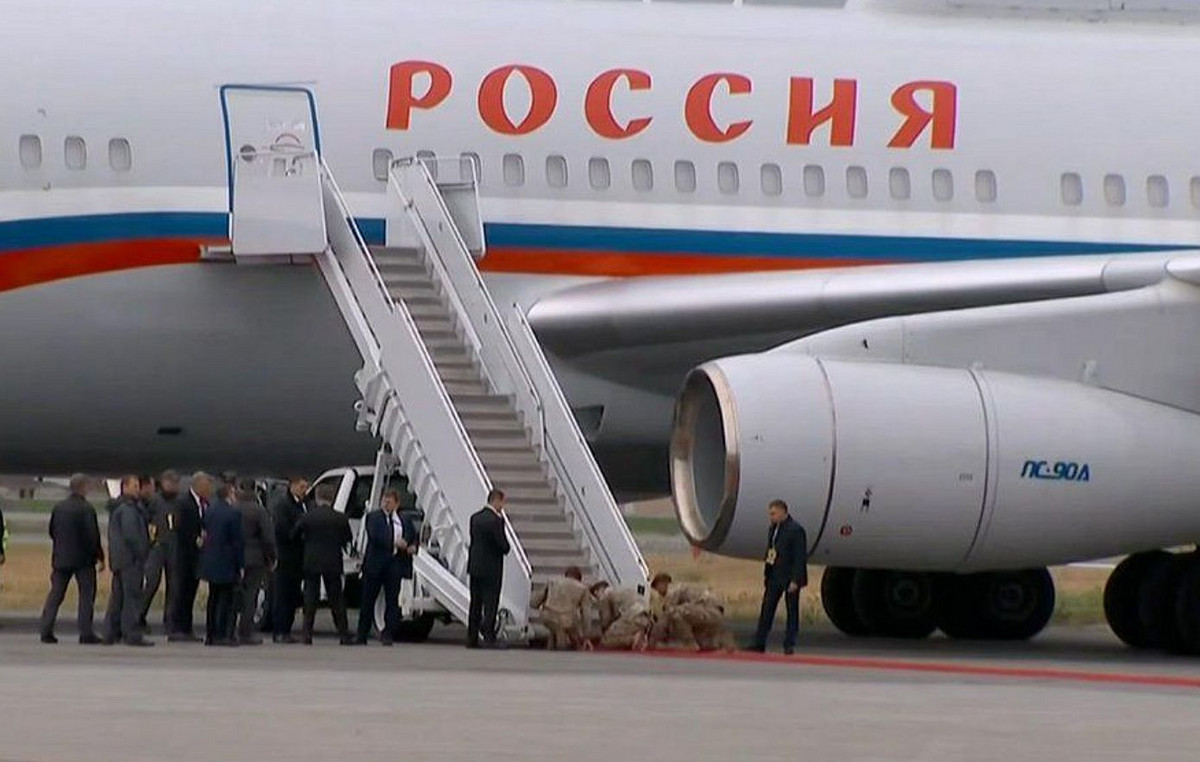Euro zone business activity made an unexpected return to modest growth in January, amplifying signs that the bloc’s downturn may not be as deep as feared and the currency union could escape recession, research showed on Tuesday. fair (24).
The S&P Global Composite Purchasing Managers’ Index (PMI), seen as a good indicator of overall economic health, rose from 49.3 in December to 50.2 this month.
January was the first time the index has been above the 50 mark, which separates growth from contraction, since June. The result was still above the expectation in a Reuters poll of 49.8.
“The survey undoubtedly brings good and welcome news to suggest that any pullback is likely to be far less severe than previously feared, and that a downturn is avoidable entirely,” said Chris Williamson, chief business economist at S&P Global Market. Intelligence.
A mild winter so far, falling gas prices and recent positive economic data have led to an improvement in some quarterly growth forecasts in a Reuters poll published on Monday, although a technical recession was still forecast.
In a sign that they are more optimistic, companies added headcount at a faster pace this month. The employment index rose from 51.9 in December to 52.5 in a three-month high.
The PMI covering the services sector also surprised on the upside, reaching a six-month high of 50.7, against 49.8 in December and 50.2 in a Reuters poll.
Industrial activity also showed improvement, but still contracted. The manufacturing PMI rose from 47.8 to 48.8 this month, against expectations of 48.5.
Germany
In Germany, the Composite PMI rose from 49 in December to 49.7 in January, hitting a seven-month high but remaining below the 50 hurdle that signals contraction in activity, S&P Global said.
Only the services PMI increased from 49.2 to 50.4 in the same period, also touching the highest level in seven months and surpassing the expectations of analysts consulted by the The Wall Street Journal, which predicted an increase to 49.5. A result above 50 indicates that activity in the services segment has expanded again.
Germany’s industrial PMI fell marginally between December and January, from 47.1 to 47, frustrating the market consensus, advancing to 47.9.
UK
The British Composite PMI fell from 49 in December to 47.8 in January, hitting a 24-month low and remaining below the 50 barrier that signals contraction in activity, S&P Global in partnership with CIPS showed.
The January preview also fell short of the expectations of analysts consulted by the Wall Street Journalwhich forecast a drop in the composite PMI to 48.5.
Only the UK services PMI decreased from 49.9 to 48 in the same period, also touching the lowest level in 24 months. The market consensus was for a much smaller pullback, at 49.5.
On the other hand, the British manufacturing PMI rose from 45.3 in December to 46.7 in January, reaching the highest level in four months. In this case, the projection was for a fall to 45.
Source: CNN Brasil
I am an experienced journalist, writer, and editor with a passion for finance and business news. I have been working in the journalism field for over 6 years, covering a variety of topics from finance to technology. As an author at World Stock Market, I specialize in finance business-related topics.







